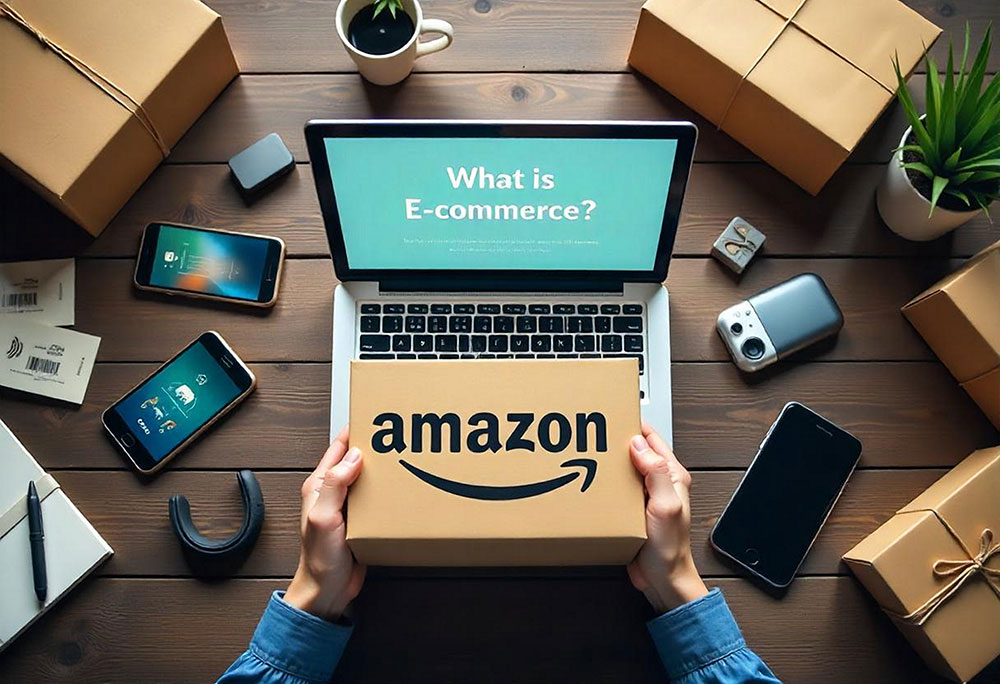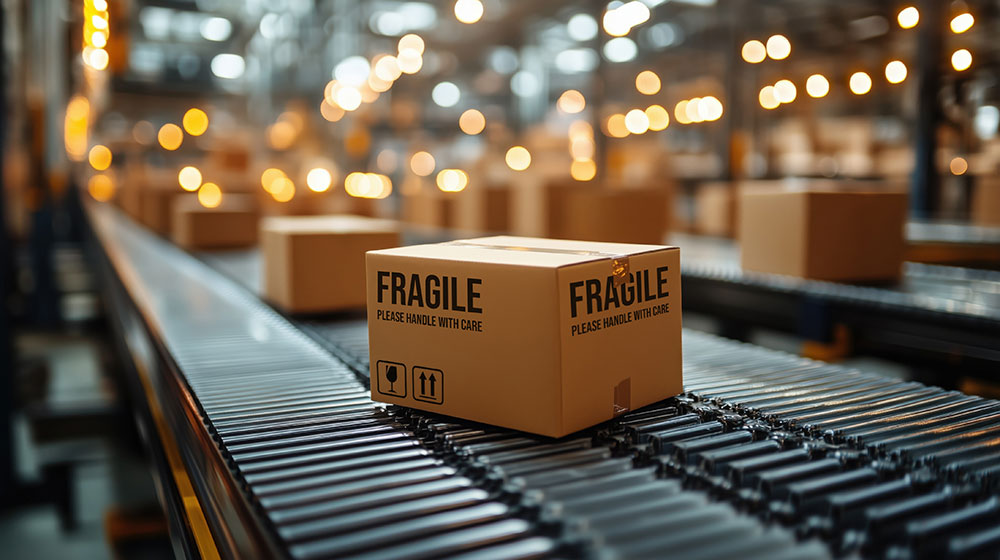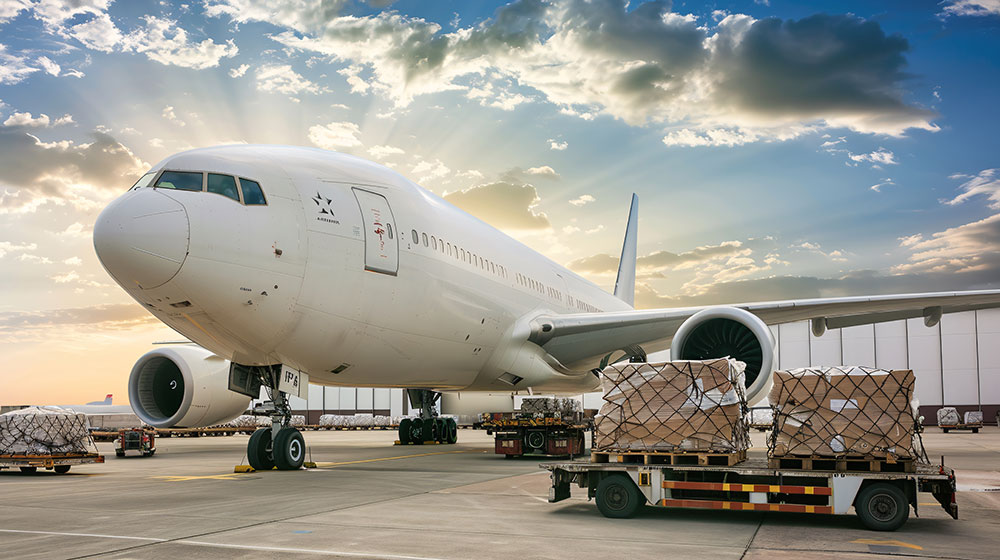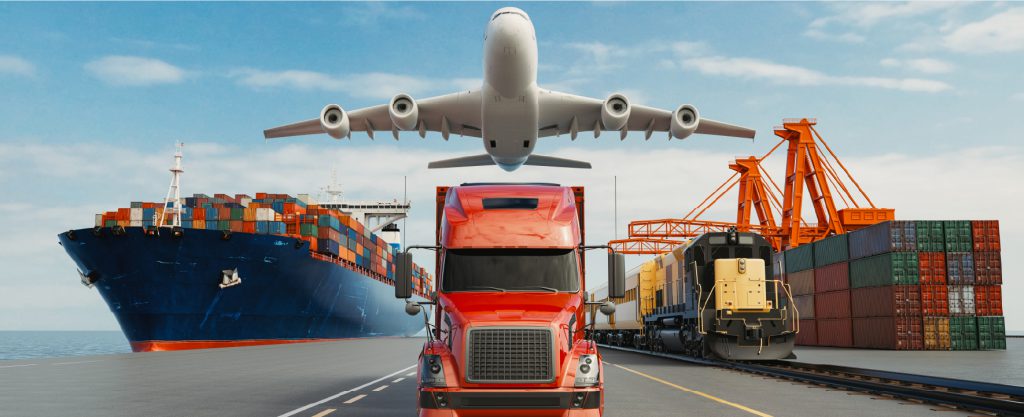Your Best Global Freight Forwarder

Your Best Global Freight Forwarder

Shipping products through Amazon's Fulfillment by Amazon (FBA) service is a strategic move that can significantly enhance your e-commerce business. However, to fully leverage FBA's benefits, sellers need to understand the intricacies of the shipping process. This article explores everything you need to know about Amazon FBA shipping services, from essential logistics to optimizing costs, ensuring your products reach customers efficiently and reliably.
Amazon FBA is a service that allows sellers to store their products in Amazon's fulfillment centers. Once a product is stored, Amazon takes over the logistics, handling everything from packaging and shipping to customer service and returns. This service is especially beneficial for sellers who want to focus on growing their business without being bogged down by the complexities of logistics.
Choosing Amazon FBA comes with several advantages. For one, your products become eligible for Amazon Prime's fast shipping options, which can significantly boost your sales. Additionally, Amazon handles all customer service inquiries and returns, providing a seamless experience for your customers. This level of service can increase your product's visibility on Amazon, leading to higher sales and better customer satisfaction.

When it comes to shipping your products to Amazon's fulfillment centers, you have two main options: direct shipping or using third-party logistics (3PL) providers. Direct shipping involves sending your products straight to Amazon's warehouses. This method is often preferred by sellers with domestic inventory or smaller shipments. However, for international sellers or those with more complex logistics needs, using a 3PL provider can be more efficient. 3PL providers offer additional services such as inventory management, customs clearance, and sometimes even packaging, making the process smoother.
For sellers sourcing products from China, the shipping process can be particularly challenging. This is where a specialized freight forwarder like MILE LOGISTICS can make a difference. Shipping from China involves navigating international shipping laws, dealing with customs, and ensuring that products are delivered on time. MILE LOGISTICS offers tailored solutions that simplify this process, from arranging transportation to handling all the necessary paperwork.

Amazon has strict packaging guidelines that sellers must follow to ensure their products arrive in good condition and are ready for immediate shipment. These guidelines include using appropriate materials, such as bubble wrap or foam, and ensuring that items are labeled correctly with scannable barcodes. Failure to comply with these requirements can result in additional fees or even the rejection of your shipment.
Shipping costs to Amazon FBA depend on several factors, including the size and weight of your products, the shipping method, and the distance to the fulfillment center. It's crucial to factor these costs into your pricing strategy. By using a service like MILE LOGISTICS, you can quickly get an accurate quote for your shipments from China, helping you budget more effectively.
For international shipments, customs clearance and potential import duties are critical considerations. These can add unexpected costs and delays to your shipping process. Working with an experienced freight forwarder can streamline this process, ensuring that your products clear customs smoothly and reach Amazon's fulfillment centers without unnecessary delays.
Efficient inventory management is crucial when using Amazon FBA. Overstocking can lead to high storage fees, while understocking may result in missed sales opportunities. Regularly monitor your inventory levels and adjust your shipments accordingly to strike the right balance.
Amazon’s Multi-Channel Fulfillment (MCF) service allows you to fulfill orders from other sales channels using your FBA inventory. This service is particularly useful for sellers who operate on multiple platforms, as it helps streamline operations and reduce shipping costs across different marketplaces.
To optimize your FBA shipping costs, consider consolidating shipments, choosing slower shipping methods for non-urgent items, and negotiating rates with carriers. Additionally, it’s wise to regularly review your shipping strategy to identify areas where costs can be reduced. For more insights, you can explore our article on shipping from China to Amazon FBA, which offers valuable tips on cost-effective shipping strategies.

Shipping delays and lost shipments can disrupt your business, leading to dissatisfied customers and lost revenue. To mitigate these risks, it’s crucial to choose reliable carriers and closely track your shipments. If a shipment is delayed or lost, having insurance can protect your investment and help you recover any financial losses.
Amazon’s FBA policies are comprehensive and can be challenging to navigate, especially for new sellers. Staying updated with any policy changes is essential to avoid penalties or disruptions to your FBA account. Regularly reviewing Amazon’s FBA guidelines and working with experienced logistics partners can help ensure compliance and smooth operations.
Shipping through Amazon FBA offers significant advantages, but it requires careful planning and execution. By understanding the logistics, optimizing your strategy, and staying compliant with Amazon’s requirements, you can enhance your business's efficiency and customer satisfaction. For personalized shipping solutions, get a quote from MILE LOGISTICS and take the first step toward streamlined FBA operations.
